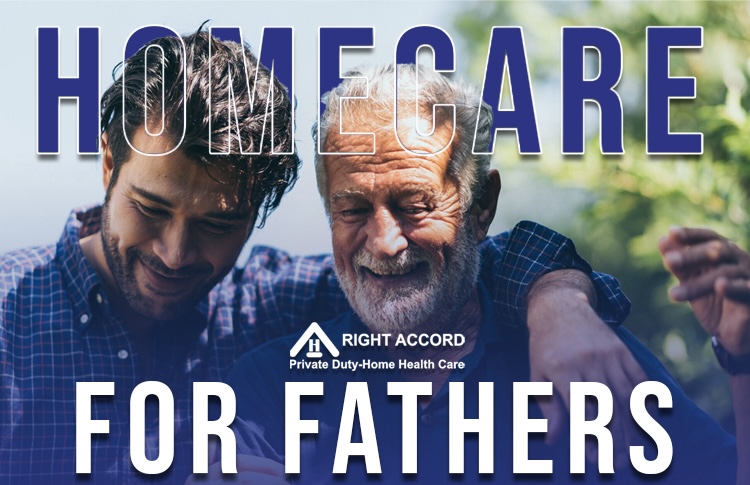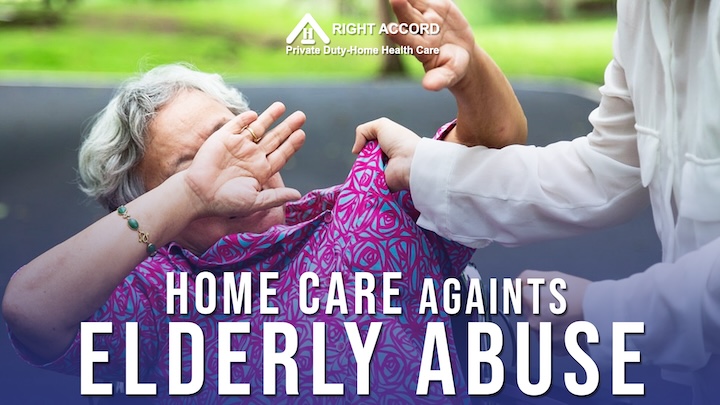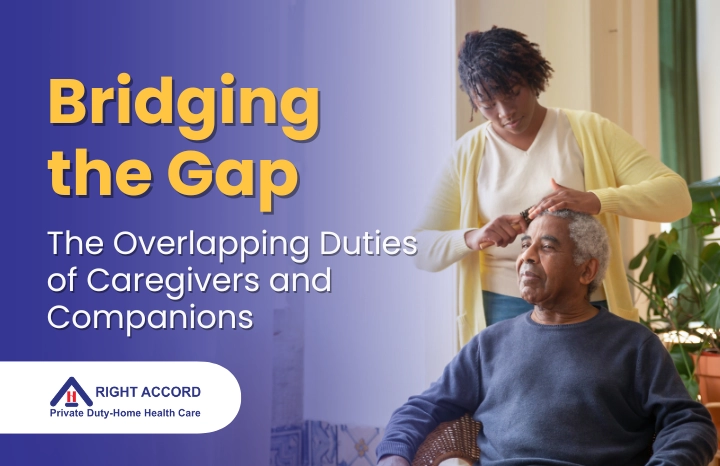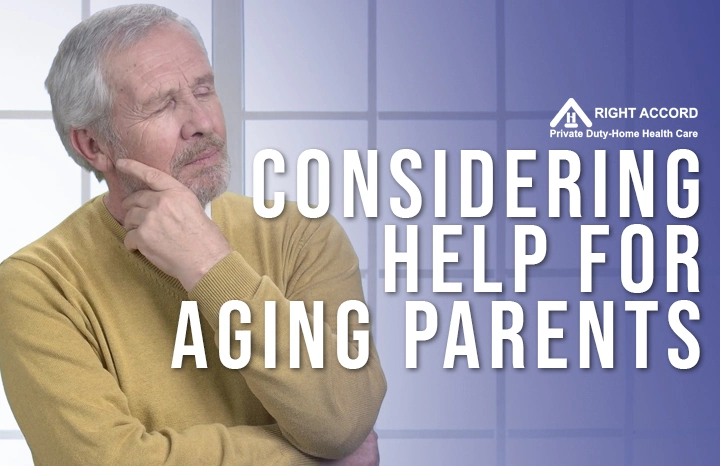· 4 min read
Could Your Aging Loved One Be Hiding Suicidal Thoughts
As we age, mental and emotional challenges can intensify, sometimes leading to feelings of isolation, despair, and hopelessness.
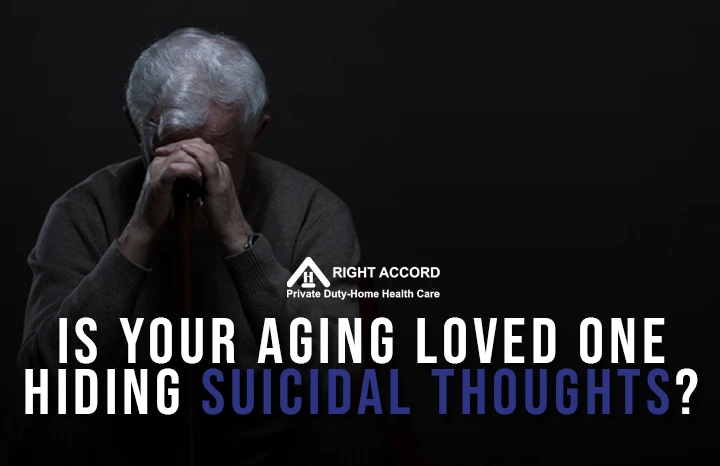
By: Rosemarie Tamunday Casanova — RN, BSN, MHA
While suicide prevention is a critical topic for all age groups, it is particularly pressing for older adults, who may face unique struggles such as chronic illness, the loss of loved ones, or the challenges of cognitive decline. Understanding these risk factors and learning how to prevent suicide in older adults is an important step in caring for their well-being. At RIGHT ACCORD, we are deeply committed to providing not just physical care, but also emotional and psychological support. Our services—including specialized 24-hour care for Dementia, Alzheimer’s, Parkinson’s, Stroke, and End-of-Life or Hospice Care—focus on ensuring that our clients receive the highest level of compassion and understanding, especially during times of vulnerability.
Risk Factors for Suicide in Older Adults
Older adults may experience a range of physical, emotional, and social challenges that contribute to a higher risk of suicide. These include:
- Chronic Illness and Pain: Conditions like heart disease, arthritis, and cancer can significantly impact quality of life, leading to feelings of hopelessness.
- Cognitive Decline: Disorders such as Dementia and Alzheimer’s can make individuals feel isolated, frightened, or disoriented, which may contribute to suicidal thoughts.
- Social Isolation: The loss of a spouse, family members, or close friends can leave older adults feeling lonely and disconnected.
- Mental Health Issues: Depression and anxiety are common among older adults but are often underdiagnosed or untreated.
- Loss of Independence: Struggling to perform daily activities or relying on others for personal care can affect one’s sense of dignity and purpose.
How to Recognize the Warning Signs
Recognizing the signs of suicidal thoughts in older adults can be difficult, as they often go unnoticed or are mistaken for symptoms of other conditions. Here are a few red flags to be aware of:
- Expressing feelings of hopelessness or worthlessness
- Withdrawing from social activities or isolating themselves
- Unexplained changes in behavior, such as increased agitation or sadness
- Loss of interest in previously enjoyed activities
- Talking about death or expressing a desire to “not be a burden”
- Giving away personal belongings or making arrangements for end-of-life matters
Preventing Suicide Through Compassionate Care
Preventing suicide in older adults starts with creating an environment that nurtures both physical and emotional well-being. At RIGHT ACCORD, we focus on providing a Holistic Approach to care that supports the mind, body, and spirit. Through our Seniors and Caregiver Wellness Program, we aim to address all aspects of well-being, from balanced nutrition and sleep to emotional and spiritual health. Our caregivers are extensively trained to not only assist with daily activities but also to build meaningful relationships with clients—offering companionship, emotional support, and a watchful eye for signs of distress. Ongoing training ensures that our caregivers stay updated on best practices for providing care to individuals at high risk, such as those with Dementia, Alzheimer’s, or End-of-Life conditions. Additionally, we offer 24-hour specialized care for those facing advanced illnesses or cognitive decline, ensuring that your loved one is never alone and always supported in their moments of need. For those in the final stages of life, our Hospice Care provides comfort, dignity, and emotional support.
The Importance of Early Intervention
One of the most effective ways to prevent suicide in older adults is through early intervention. By addressing the root causes of depression, anxiety, and loneliness, we can help mitigate suicidal thoughts before they escalate. This is where our Free In-Home Assessment becomes invaluable. During this assessment, we will evaluate your loved one’s needs, create a personalized care plan, and identify any areas of concern that may require additional attention. By understanding the full scope of your loved one’s physical and emotional health, we can provide the right care at the right time. We’re Here to Help If you are concerned about the well-being of an elderly loved one, don’t wait—reach out for help today. At RIGHT ACCORD, we are dedicated to providing compassionate, holistic care that promotes total wellness and supports mental and emotional health. Call us at Call our hotline today at 941-366-0801 or visit our website at rightaccordhealth.com to chat with one of our specialists and schedule your free in-home assessment. Together, we can make a difference in the lives of older adults, ensuring they feel supported, valued, and never alone.
